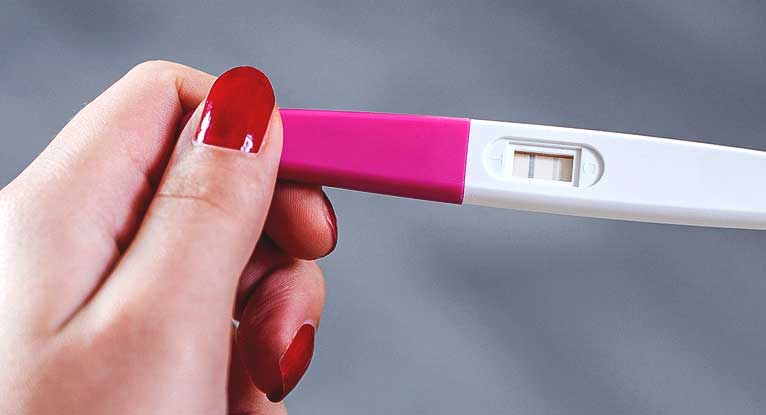Image via
A new bill championed by Alabama Republicans would deny medical marijuana to women unless they can prove that they’re not pregnant.
This new bill, sponsored by state Sen. Larry Stutts (R), would make it illegal for women between the ages of 25 and 50 to purchase medical cannabis unless they can prove proof of a negative pregnancy test. The bill would also force any medical marijuana patient who gets pregnant to immediately report the news to her doctor, who would be required to block her from acquiring medical pot until she gives birth. And even then, women who are breastfeeding would also be prevented from buying cannabis.
Alabama legalized medical marijuana last May after years of debate. As it stands, the state’s medical marijuana law is already one of the most restrictive in the country, banning all forms of smokable cannabis and edibles. But despite these limitations, lawmakers are attempting to add even more restrictions to the program before legal dispensaries open until next year.
“Any other medicine, even over-the-counter medicines that you can buy — they all have a warning about pregnancy,” Stutts explained during a recent interview on Mobile radio station FM Talk 106.5. “They all say ‘consult your doctor,’ ‘consult your pharmacist.’ Every medicine that we prescribe has different warnings about use and pregnancy or breastfeeding.”
Stutts’ bill would not require medical marijuana products to contain labels warning against the risks of prenatal cannabis use, though. It would require women to actively prove that they are not pregnant each and every time they want to buy their medicine. The bill also requires that “the documentation must be dated within 48 hours of purchase before she may purchase any medical cannabis except in the capacity as a registered caregiver,” meaning that women would need to schedule a doctor’s appointment immediately before visiting a pharmacy.
“There’s plenty of data for the harmful effects of marijuana during pregnancy,” Stutts explained in the radio interview. “And I just simply felt like we need to have some guidelines in the bill. Yeah, the marijuana bill is law now but if we’re going to have that as the law, we need to set some parameters.”
Despite Stutts’ claims, the actual science on prenatal cannabis use is inconclusive at best. Some studies have indeed found that cannabis could increase the risk of miscarriage or premature birth. Older studies have suggested that prenatal pot use could increase the risk of autism or birth defects, but more recent research has debunked some of these claims. Several new studies have confirmed that children born to cannabis-using mothers did not have higher rates or birth defects or cognitive impairments.
Bills restricting women’s rights to their own bodies are becoming increasingly popular in the South, but lawmakers may have trouble enforcing this particular proposal. Emma Roth, staff attorney at National Advocates For Pregnant Women (NAPW), told Marijuana Moment that the proposed bill “would violate women’s right to privacy and equal protection under the Fourteenth Amendment.”
“It’s another attempt to police pregnancy in the name of the fetus when medical marijuana poses no greater harm than other common exposures during pregnancy,” Roth added. “And where would the state’s reach end? Would a negative pregnancy test be required to be around smokers, to drink coffee or to work a factory job?”
In 2018, medical cannabis regulators in Oklahoma proposed a similar rule that would have required women to provide pregnancy test results before buying medical marijuana. Several advocacy groups, including the ACLU, filed legal challenges against the proposed law, again citing its violation of the 14th Amendment. Regulators eventually saw the error of their ways and removed the proposed rule.
Other states are trying to implement restrictions against women and weed on smaller scales, though. Last year, Arizona officials put a woman on the state child abuse registry for using medical pot while pregnant, setting a potentially unconstitutional precedent.











